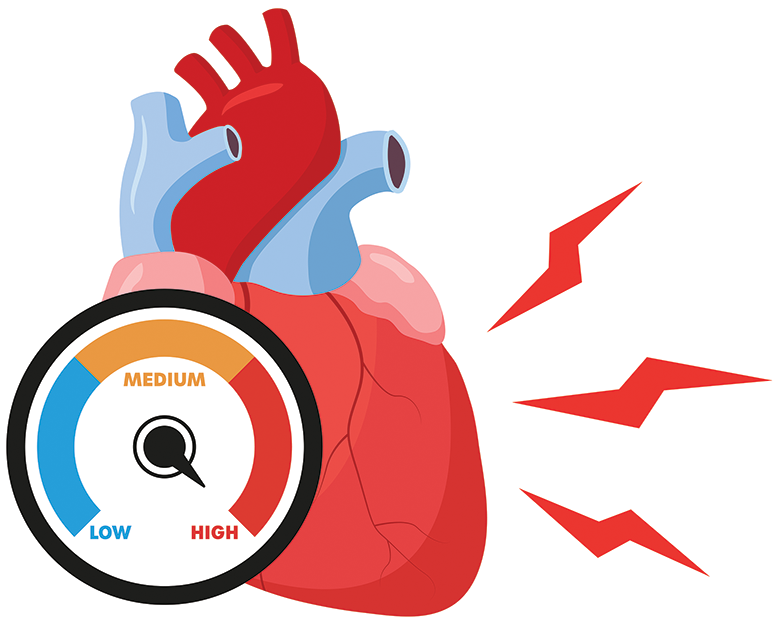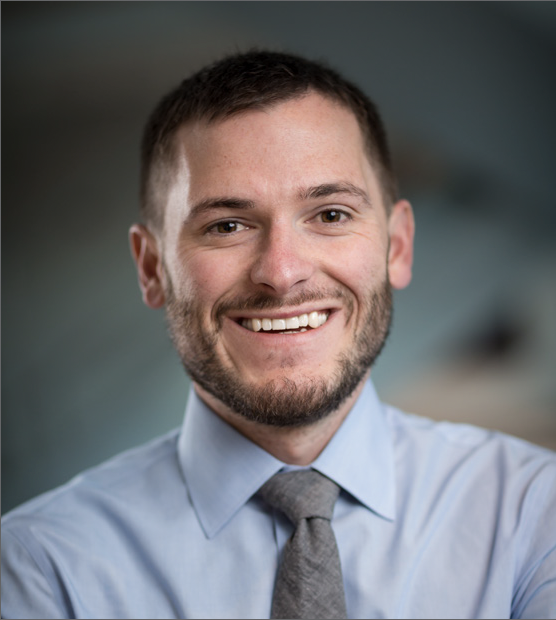As a NAM Pharmacy Fellow, Dr. Adam Bress relished the opportunity to expand his research on preventing cardiovascular disease and optimizing medication use.
By Joseph A. Cantlupe
As an associate professor of population health sciences in the Division of Health System Innovation and Research at the University of Utah Spencer Fox Eccles School of Medicine, Dr. Adam Bress loves diving into research. He focuses on cardiology issues, particularly hypertension, which impacts millions of people across the country. Talking to Bress, you get the sense of his commitment and passion, with the power of his academic training solidly the impetus and driver behind his data-driven science.
That purpose was augmented for him—in sometimes surprising ways—when Bress was selected for the 2020 class of National Academy of Medicine (NAM) Fellowships. The two-year appointment as a Pharmacy Fellow was inspiring, Bress said, as he initiated collaborations with researchers, policy experts and clinicians nationwide and explored new and expanding ventures in his research. The NAM Fellowship is an opportunity for an early career health science scholar to participate in the work of the National Academies and develop as a leader in the field. Under the program, endowed by AACP and the American College of Clinical Pharmacy, the Fellows continue their regular academic assignment and carry out National Academies’ health and science policy work. Each Fellow also works with an expert study committee or roundtable related to his or her particular interest.
“It really elevates the potential for impact of pharmacist-scientists at the highest levels of science and medicine and health policy,” he noted. “It gave me and other Fellows the experiences, the networks—the seats at the table, the opportunities we wouldn’t have had otherwise. Our confidence and skills and experiences go on to a higher level than ever before, perhaps more dreams are then open to us, that we wouldn’t have experienced previously.”
In addition to serving as the vice chair of research for the Department of Population Health Sciences at the university, Bress is also an Investigator at the VA Salt Lake City Health Care System. As a cardiovascular clinical pharmacist with training in epidemiology and pharmacogenetics, Bress has concentrated his research on the treatment and prevention of cardiovascular disease, exploring medication usage and targeting health disparities. His work, reputation, accomplishments and qualifications all led to his selection as the fifth Pharmacy Fellow in the NAM program. During that time he served on the committee that wrote the consensus statement titled “Improving Representation in Clinical Trials and Research: Building Research Equity for Women and Under- represented Groups,” which led to changes in the FDA around requirement for diversity in clinical trials.



